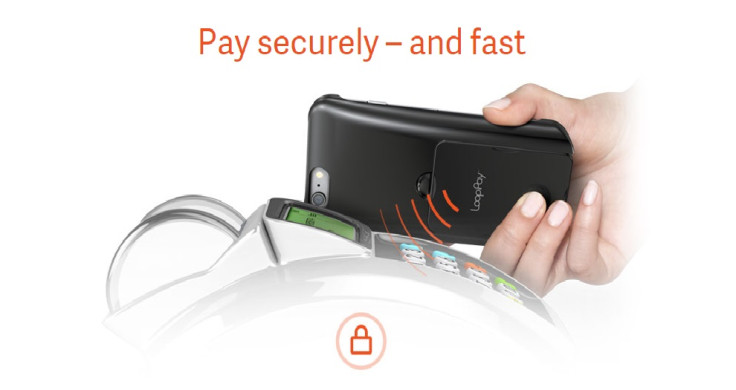Samsung buys LoopPay as US mobile payments industry set to reach $118bn by 2018

Korean electronics giant Samsung is buying mobile payments firm LoopPay to counter its US rival Apple, as the mobile proximity payment market in the US is expected to experience rapid growth.
In a joint statement, the companies announced the acquisition, but they did not disclose the terms of the deal.
LoopPay's mobile wallet solutions turn existing magnetic stripe readers into secure, contactless receivers. Its technology has the potential to work in about 90% of existing point-of-sale (POS) terminals, with no investment in new infrastructure.
LoopPay will strengthen Samsung's efforts to provide users with "seamless, safe, and reliable" mobile wallet solutions, according to the statement.
"This acquisition accelerates our vision to drive and lead innovation in the world of mobile commerce," said JK Shin, president and head of IT and Mobile Division at Samsung.
"Our goal has always been to build the smartest, most secure, user-friendly mobile wallet experience, and we are delighted to welcome LoopPay to take us closer to this goal."
Competition
US mobile proximity payments, defined as payments made with a smartphone at the point of sale in place of a credit card or cash, totalled $3.5bn (£2.26bn) in 2014, according to eMarketer. The research firm expects the figure to increase significantly to $27.5bn in 2016 and further to $118.01bn in 2018.
The number of US mobile proximity payment users will increase to 36.2 million by 2016 and 57 million by 2018 from 15.9 million in 2014.
"Samsung's acquisition of LoopPay signals how serious it is about building and launching a competitive mobile payments system in the United States," said Bryan Yeager, analyst at eMarketer.
"It also likely gives Samsung exclusive access to LoopPay's technology, which enables mobile payments to be made at merchants who haven't upgraded their point of sale technology to support newer contactless payment methods like NFC - of which there are many."
In its latest iPhone 6 and 6 Plus models, Apple has promoted its own mobile payment technology called Apple Pay, through which iPhone owners may pay for goods and services. However, not all stores have the equipment to accept such payments.
Google's Wallet and eBay's PayPal are other technologies prevalent in the field.
© Copyright IBTimes 2025. All rights reserved.






















